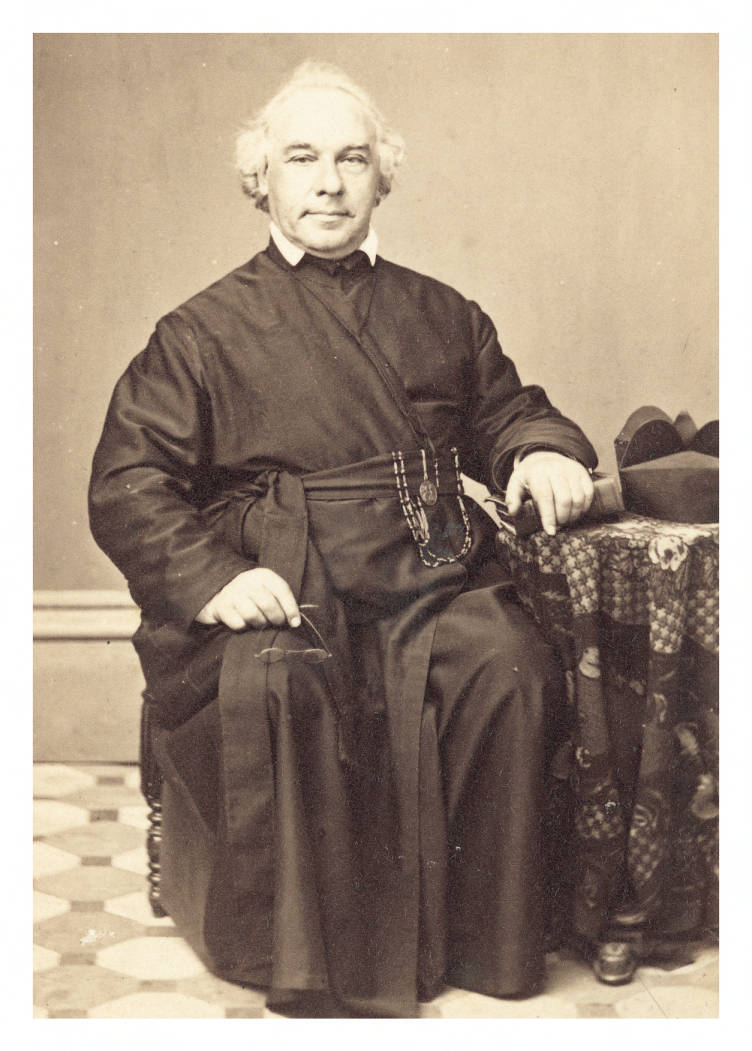Jesuits in California - Founding of Santa Clara under Accolti and Nobili
Following their forced exodus from Italy amidst widespread anti-clerical sentiment and educational reform, the Jesuits set their sights on California, a land marked by its own religious and educational problems. Amid the chaos of post-Mexican War California and the explosive growth triggered by the Gold Rush, the Catholic Church found itself in a dire condition: financially destitute, lacking leadership, and overwhelmed by a massive influx of immigrants from Europe, Asia, and South America. This backdrop of a "near extinction" Catholic presence, as McKevitt puts it in The University of Santa Clara: A History, coupled with an acute shortage of priests and educational facilities, set the stage for the Jesuits' intervention (12).
Central to this intervention were two Italians, Michael Accolti and John Nobili, who played pivotal roles in founding Santa Clara College. Accolti, driven by a vision that recognized the dire need for spiritual guidance and education amidst the booming population, saw the establishment of a Jesuit college as a crucial step in bolstering the Catholic Church's presence and providing a much-needed educational infrastructure. Despite the daunting task of establishing a new institution in a financially strapped and clergy-deficient environment, together, they embarked on establishing Santa Clara College, aiming to preserve Catholic faith among the immigrant population and to ensure that Catholic youth were not lost to Protestant-led educational institutions. As Accolti pleaded to mission officials in Rome, “If we do not move in the matter, the Protestant ministers are there to appropriate all the Catholic youth,” revealing the role he expected a Jesuit University would have over society (McKevitt, University of Santa Clara 20).
Their initiative to establish Santa Clara College was driven by a larger goal to strengthen and expand the Catholic presence in America, especially in the West, where the educational and religious landscape was largely undeveloped. In founding Santa Clara College, while they were addressing the need for an educational establishment, they were also engaging in what was perceived as a crucial battle for cultural and religious influence over the American frontier. While the college's opening in 1851, under Nobili's leadership, marked a significant moment in this campaign, as McKevitt notes, “If he could have foreseen the barriers that still lay in the path of his school’s progress, he might have preferred that the institution had, in fact, ceased to be” (University of Santa Clara 25).
